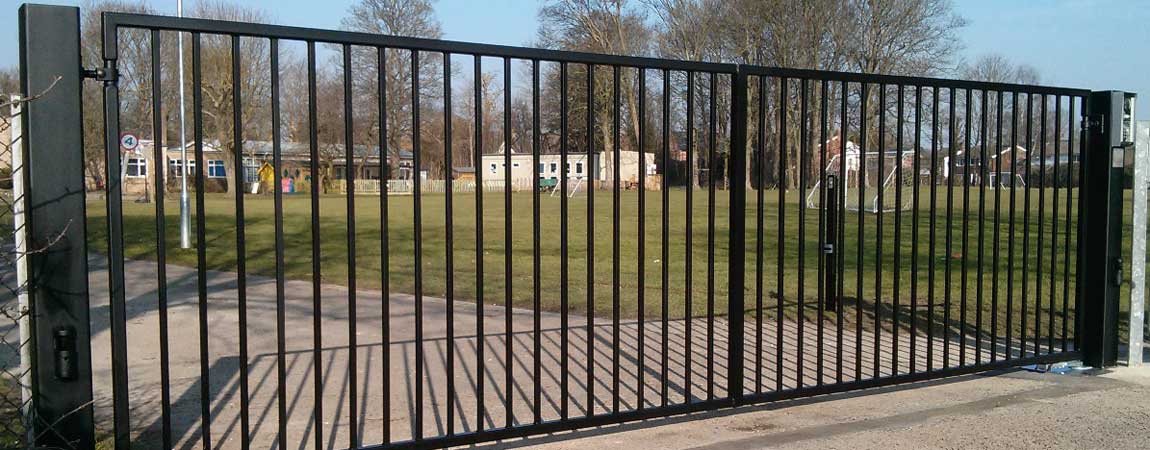Nov 29 2016.
views 4174“Safety comes with the angle of responsibility. Responsibility comes with training and commitment; when an educator signs up to be part of the school environment. Children are dropped off at school in the hope that they can be protected. The school owes them this. ALL adults - from minor staff to the Principal - must ensure the physical and mental safety of students” - Expert Advisor: Ms Shanthi Wijesinghe, Resource Person for Seeker's Research, Mt. Lavinia
Every parent worries about the wellbeing of their child when he/she is away from home. Even if they are within the safety of the school premises, there can still be unforeseen dangers as the child waits for you at the school gate; for example, the child might be lured by a stranger who might say the parent is waiting for them or the child might mistake a car and get into the wrong one, just to name a few.

With the hustle and bustle of the end of day activity, one can easily miss a child in a ‘danger- filled’ situation.
Here are some important things you can educate your child on.
1. Explain to young children who a stranger is. Usually young children do not take to outsiders easily, but you can never take this as a reassurance. Start educating them when they are old enough to understand.
2. If you are unable to pick up your child, then make it a practice to have a common password. The person picking up the child should say the “password”; then the child knows that there is nothing unusual about him/her.
3. There are also watches that have certain features of a phone. You'll be able to call the child, and he/she can call you as well. It does not have the extensive functions of a normal phone, but you are still able to keep a track of the child's whereabouts when you are not with them.
4. Educate your children on the clear dos and don'ts when they see or face a stranger - Don’t accept sweets, don’t leave with a stranger even if they say that mummy or daddy asked them to do so. Don’t engage in behaviour that they feel uncomfortable with. Don't sit on a stranger’s lap or hold hands with a stranger just because they have been asked to.
5. Talk through a plan of action with your children, if faced with such a situation. Shouting 'NO', yelling, running and telling someone are easy steps even a small child can remember and follow.
Sometimes, though, dangers can lurk in the busiest of places and it is always good to have a plan of action when our children are not with us. As Ms. Wijesinghe advises,
“Accidents do happen. No parent of sound mind can ask for accident-free zones at school. However, school authorities need a good back-up when it comes to providing safety. The physical spaces of a school is clear. There are demarcations. Adults must ensure these spaces are secure. Children must be informed about the dangers/threats so that they can be aware of protecting themselves and others. A parent must educate and make their children aware of the hazzards of society. Safety in communication comes into focus here.”
Written by Mayuri Jayasinghe based on an interview with Shanthi Wijesinghe, Resource Person for Seeker's Research, Mt. Lavinia
Expert opinion provided by

0 Comments